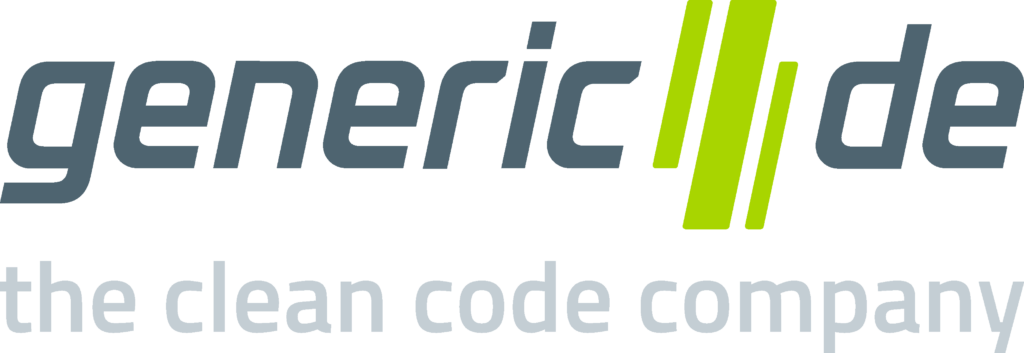For our projects in THE QUANTUM LÄND, we team up with world-leading partners from academia and industry.
QRydDemo Partners & Subcontractors

Institute for Complex Quantum Systems
(Ulm University)
Prof. Simone Montangero’s group leverages on two decades of research on quantum optimal control for quantum technologies and tensor network methods to optimize our quantum processor. The research in Ulm will be developed in strong collaboration with the quantum theory group at the Department of Physics and Astronomy at Padua University.

TOPTICA Photonics AG
TOPTICA Photonics develops low phase noise laser systems required to get the best from our atomic qubits. With the expertise of a world-leading laser manufacturing company, we will improve coherence time and gate fidelities of our quantum computer.

HQS Quantum Simulations GmbH
Future quantum computers require novel compilers that translate quantum programs into hardware specific operations. HQS develops the compiler for our quantum computer taking into account new algorithmic possibilities of the optical tweezer platform and gate operations using Rydberg states.

Fraunhofer ILT
The qubit architecture developed for the QRydDemo quantum computer involves a new concept allowing for a dynamical qubit connectivity. The optical assembly required for this task is designed and manufactured by the Fraunhofer Institute for Laser Technology ILT.

generic.de
A drag-and-drop designer for quantum circuits serves as an easy-to-use interface for accessing the emulator and future Rydberg quantum computer. This web application has been developed by generic.de, an IT service company for individual software solutions with a focus on clean code development.
QZell Partners

Fraunhofer IOF
The QZell project is coordinated by the Fraunhofer Institute for Applied Optics and Precision Engineering (Dr. Ulrike Schulz) and teams up with the University of Stuttgart and five companies to improve optical components needed in our quantum computers and quantum simulators.
Muni-QC Partners & Subcontractors

Max-Planck-Institute for Quantum Optics
Neutral atom quantum computing within Muni-QC is coordinated by the Max-Planck-Institute for Quantum Optics (Prof. Immanuel Bloch). In a joint effort, we bring together scientific expertise in cold Rydberg atom research from Munich, Stuttgart, and Tübingen to get closer and closer to fully functional neutral atom quantum processors.

Teledyne Photometrics
Fast readout and feedback is key for error correction on a neutral atom quantum processor. With Teledyne Photometrics, we work on fast GPU-assisted image analysis of large qubit arrays, combined with a multi-channel high-bandwidth AWG/SDR system for qubit control.